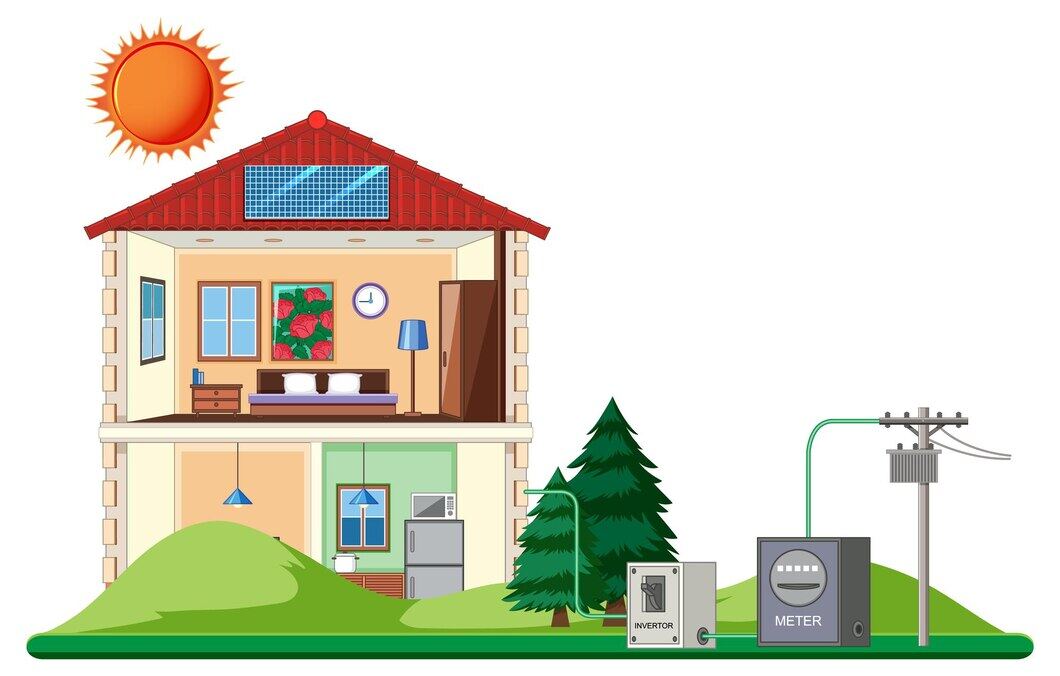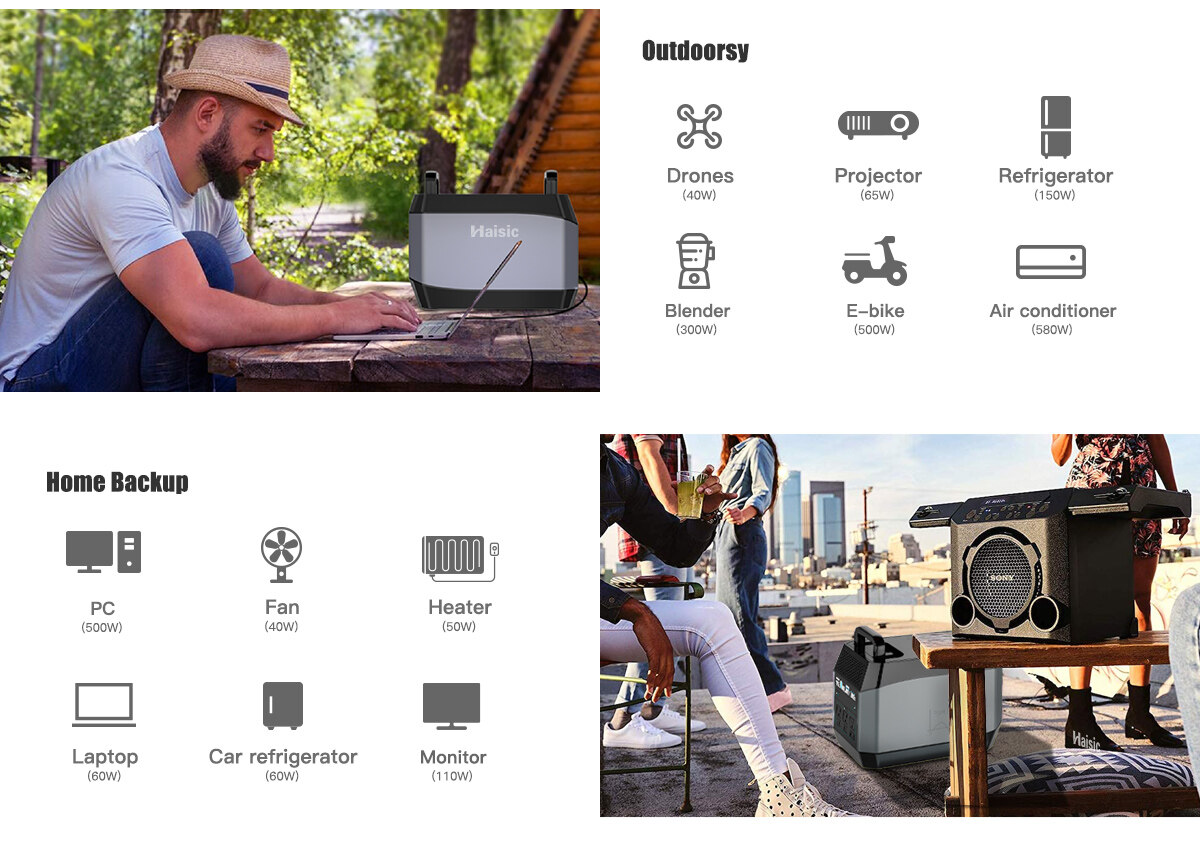Email format error
Email cannot be empty
Email already exists
6-20 characters(letters plus numbers only)
The password is inconsistent
Email format error
Email cannot be empty
Email does not exist
6-20 characters(letters plus numbers only)
The password is inconsistent


The unpredictability of power outages can be both inconvenient and alarming, especially during emergencies. The solution? Home emergency power stations. But as we turn to these devices for solace, a critical question arises: Are they safe to use indoors? This blog post delves into the safety concerns, usage guidelines, and the peace of mind that home emergency power stations can provide, ensuring that you're not only prepared but also protected during power outages.
From sudden storms to unexpected grid failures, power outages can disrupt daily life and pose risks, particularly in medical and security contexts. Home emergency power stations offer a beacon of hope during these trying times.
While the convenience of emergency power is undeniable, safety must never be compromised. The concern over whether these electricity generating stations are safe for indoor use is a valid and essential consideration.
Home emergency power stations typically convert stored energy, often from batteries, into usable power for various appliances. Understanding their functionality is the first step in assessing their safety.
From gas-powered generators to solar and battery-based systems, there's a variety of home emergency power stations available. Each type has its own safety implications and best-use practices.
Gasoline-powered generators pose a risk of carbon monoxide poisoning if used indoors without proper ventilation. It's crucial to understand the safety risks associated with different power station types.
Using a power station within its capacity limits prevents overloading, which can lead to overheating and potential fire hazards. Modern electricity generating stations come with built-in overload protection to mitigate this risk.
Ensuring that all electrical connections are secure and that appliances connected to the power station are surge-protected can prevent electrical accidents.
For safe indoor use, power stations should be placed in well-ventilated areas, away from flammable materials and in accordance with manufacturer guidelines.
Regular maintenance and inspection of the power station can identify potential issues before they become safety hazards.
Battery-based power stations are generally safer for indoor use due to the absence of combustion byproducts. However, they still require proper care and maintenance.
Advanced power stations come equipped with smart power management systems that monitor and regulate power output, enhancing safety and efficiency.
Automatic shut-off features in case of malfunctions or overloads provide an additional layer of safety for indoor use.
Some power stations offer remote monitoring capabilities, allowing users to keep an eye on their system's status and receive alerts in case of issues.
Always read and follow the manufacturer's instructions for safe operation, maintenance, and storage of your home emergency power station.
Staying informed about the latest safety standards and guidelines for home emergency power stations can help you make informed decisions and use the equipment safely.
Real-life examples of home emergency power stations being used safely and effectively can offer valuable insights. These scenarios can provide reassurance and practical guidance for handling power outages. Observing how others have successfully utilized these systems can help individuals prepare for similar situations.
Learning from past mistakes and accidents caused by improper use can help individuals prevent similar incidents. By understanding the root causes of these mishaps, users can take proactive measures to ensure their safety. It is important to be aware of potential risks and follow proper guidelines to avoid any potential harm.
Home emergency power stations are a vital asset during power outages, providing essential power and peace of mind. However, safety must always be a priority. By understanding the risks, following guidelines, and choosing the right technology, these power stations can be safely used indoors, ensuring that you're not only prepared for emergencies but also protected. As we navigate the complexities of energy use in our homes, let's do so with knowledge, prudence, and the right tools.